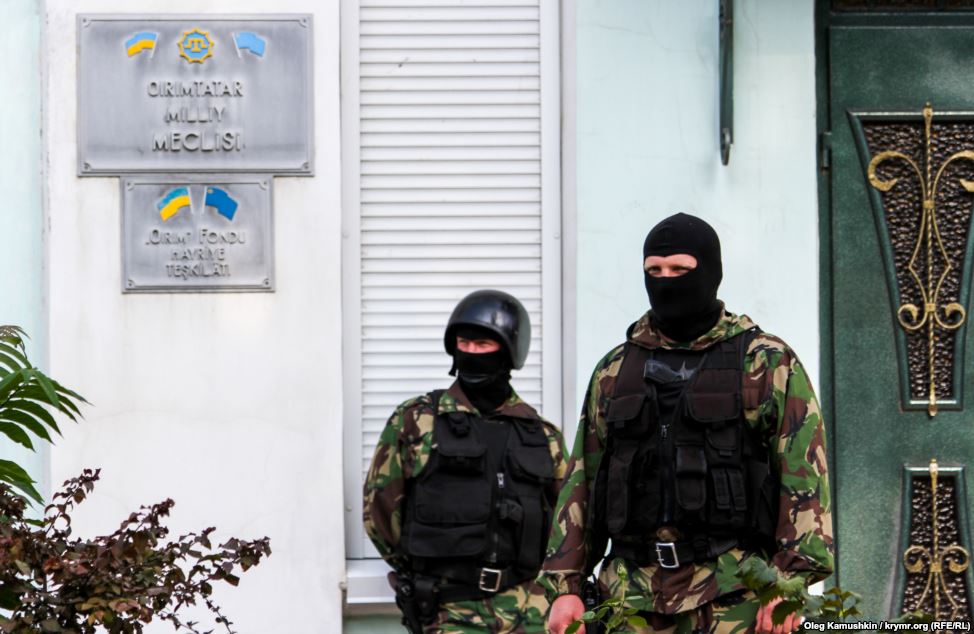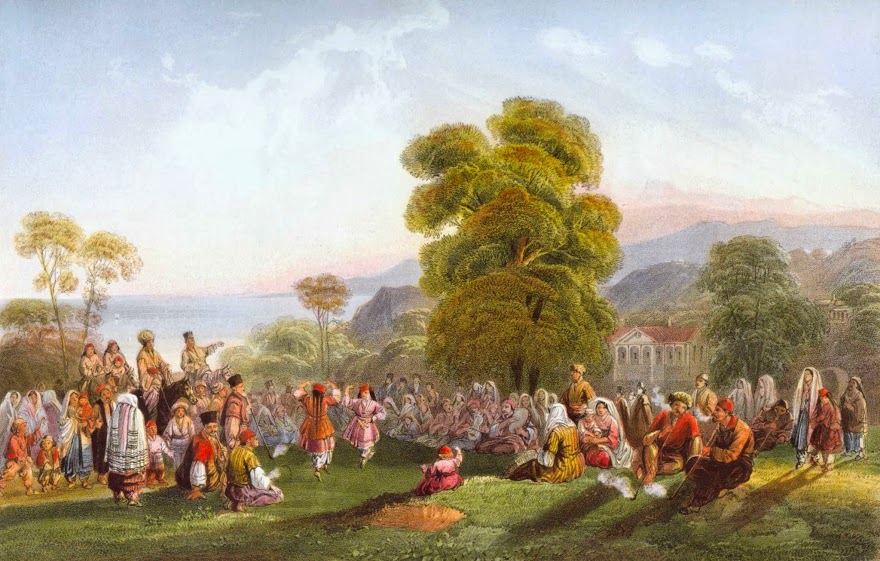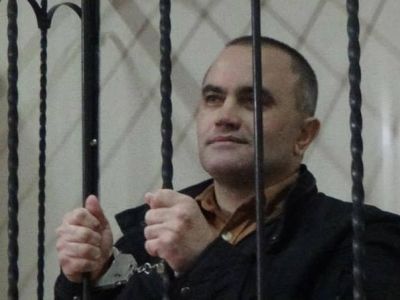A few days ago, Ruslan Balbek, the vice prime minister of the Russian occupation government in Crimea, denounced the Crimean Tatar Mejlis as an extremist organization, an indication that Moscow is planning to declare it so and thus set the stage for banning it on the territory of the Russian Federation.
But close observers of the situation say that such a ban not only highlights the weakness of Russia’s position in the Crimea and its inability to rein in the Crimean Tatars but also is certain to backfire, strengthening the Mejlis and the Crimean Tatar national movement.
Pavel Kazarin, a longtime analyst of Crimean affairs, says that at present, the Mejlis “remains an extra-systemic player in Crimean politics” that Moscow has been unable to integrate into the official “power vertical” there. As a result, the Russian authorities see the banning of the group as their only other alternative.
Talk about banning the Mejlis is not something new, he continues. Rather, it is “a continuation of that trend which was begun already last year when Mustafa Dzhemilyev and Refat Chubarov were banned from entering Crimea.” Since then, Moscow has continued to try to strip the Crimean Tatars of their status as “a political subject.”
From the very beginning of the Russian occupation, Kazarin points out, “Moscow has conducted toward the Crimean Tatars a policy which should be called ‘forced to loyalty,’ the final goal of which is to achieve from the Crimean Tatar Mejlis and Kurultay an official approval of the new flags and the new reality.”
But “up to now, the Kremlin has not been able to achieve that.”
Consequently, it is talking about a ban, but such an action, Ilmi Umerov, a member of the Mejlis says, will have just the opposite effect Moscow wants. That is because the Mejlis is not going to recognize the occupation or register with it lest such an action suggest it recognizes “the jurisdiction of the Russian Federation on the territory of Crimea.”
The occupiers can do a lot to the Mejlis, he continues. They’ve already taken away its offices, closed its schools, and engaged in repressions against Crimean Tatar activists, media outlets, and ordinary members of the community. But none of these actions have had the result of making the Crimean Tatars loyal to Moscow.
Thus, for Moscow, the only option remaining is to prohibit the Mejlis by declaring it an extremist organization, Umerov says. However, that will only invigorate the Crimean Tatar national movement because it will show that the occupation powers “are powerless to respond in a worthy fashion to the demands of the majority of Crimean Tatars.”
Zair Smedlyaev, the head of the central election commission of the Crimean Tatar people, agrees. “Unfortunately, in Russia there has appeared the tendency to call extremists all those who are dissatisfied with the actions of the authorities!” The Crimean Tatars and the Mejlis have never engaged in any action that any normal person would call extremist.
A Russian occupation ban on the Mejlis may even have some positive results, Ukrainian journalist Osman Pashayev says. It will lead those in the organization who are dead wood or vacillating to leave and mean that those who remain will be even more committed to the goals of the Crimean Tatar national movement.
Nariman Dzhelal, the deputy chairman of the Mejlis, is certain that if a ban occurs, the Mejlis and its supporters will “find the strength… to continue their activity directed at the defense of human rights and the rights of the Crimean Tatar people for the preservation and development of its culture and the rebirth of its statehood.”








